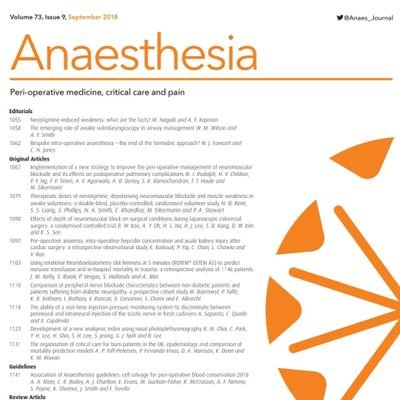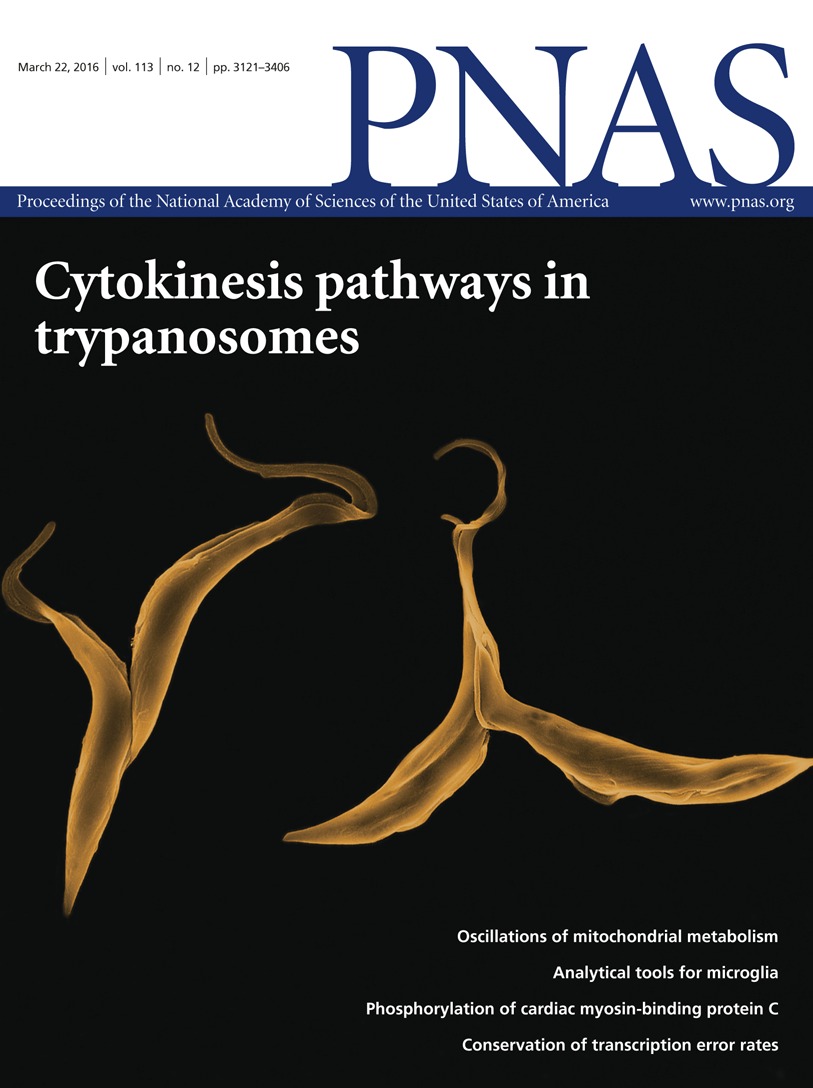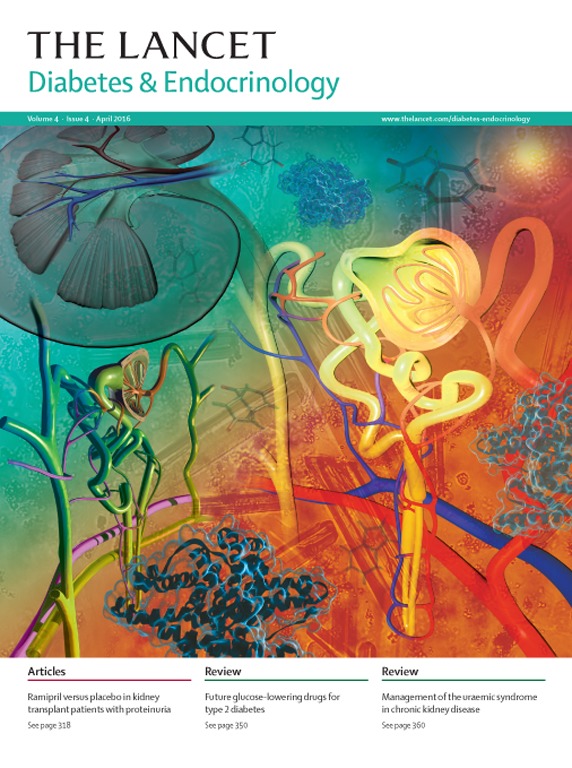 Journals have retracted all but 19 of the 313 tainted papers linked to three of the most notorious fraudsters in science, with only stragglers left in the literature. But editors and publishers have been less diligent when it comes to delivering optimal retraction notices for the affected articles.
Journals have retracted all but 19 of the 313 tainted papers linked to three of the most notorious fraudsters in science, with only stragglers left in the literature. But editors and publishers have been less diligent when it comes to delivering optimal retraction notices for the affected articles.
That’s the verdict of a new analysis in the journal Anaesthesia, which found that 15% of retraction notices for the affected papers fail fully to meet standards from the Committee for Publication Ethics (COPE). Many lacked appropriate language and requisite watermarks stating that the articles had been removed, and some have vanished from the literature.
The article was written by U. M. McHugh, of University Hospital in Galway, Ireland, and Steven Yentis, a consultant anaesthetist at Chelsea & Westminster Hospital in London. Yentis was editor of Anaesthesia during the three scandals and had a first-hand view of two of the investigations. He also is the editor who unleashed anesthetist and self-trained statistician John Carlisle on the Fujii papers to see how likely the Japanese researcher’s data were to be valid (answer: not very likely). Continue reading When it comes to retracting papers by the world’s most prolific scientific fraudsters, journals have room for improvement
 The authors of a 2018 paper on how noisy distractions disrupt memory are retracting the article after finding a flaw in their study.
The authors of a 2018 paper on how noisy distractions disrupt memory are retracting the article after finding a flaw in their study.  Researchers have retracted a 2015 Nature paper about the molecular underpinnings of immune function after discovering they could not replicate key parts of the results.
Researchers have retracted a 2015 Nature paper about the molecular underpinnings of immune function after discovering they could not replicate key parts of the results.
 Last month, the
Last month, the  Earlier this year, the president of the Karolinska Institute,
Earlier this year, the president of the Karolinska Institute,  The New England Journal of Medicine has retracted a 2013 paper that provided some proof that the Mediterranean diet can directly prevent heart attacks, stroke, and other cardiovascular problems.
The New England Journal of Medicine has retracted a 2013 paper that provided some proof that the Mediterranean diet can directly prevent heart attacks, stroke, and other cardiovascular problems. Adeel Safdar was once a rising star in the field of kinesiology. After completing his doctorate degree at McMaster University in Canada, working with one of the titans of his field, Safdar took a postdoc at Harvard, then accepted a
Adeel Safdar was once a rising star in the field of kinesiology. After completing his doctorate degree at McMaster University in Canada, working with one of the titans of his field, Safdar took a postdoc at Harvard, then accepted a  Six months ago, the media was ablaze with the findings of a new paper, showing that nearly six percent of cancer cases are caused, at least in part, by obesity and diabetes. But this week, the journal retracted that paper — and replaced it with a revised version.
Six months ago, the media was ablaze with the findings of a new paper, showing that nearly six percent of cancer cases are caused, at least in part, by obesity and diabetes. But this week, the journal retracted that paper — and replaced it with a revised version.